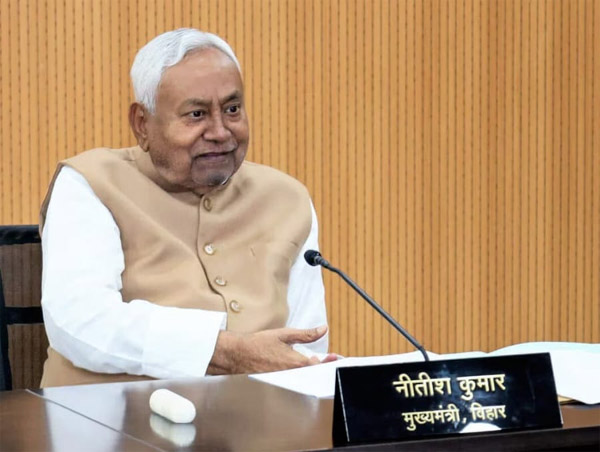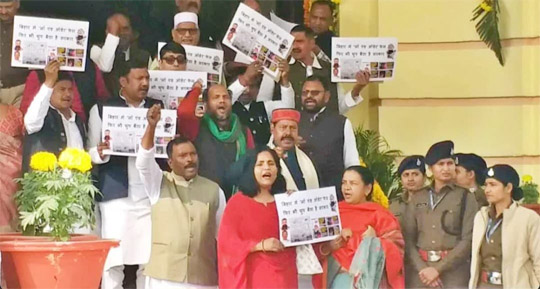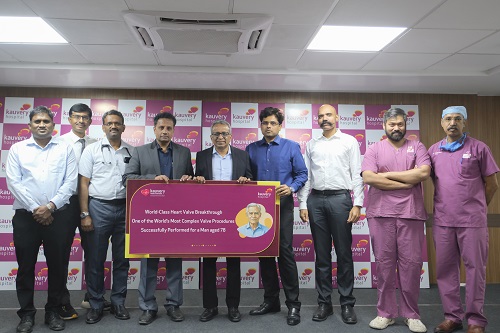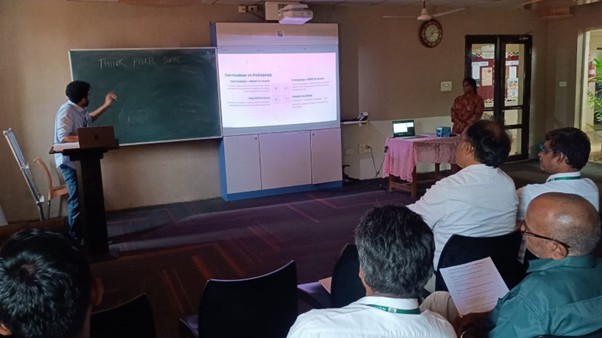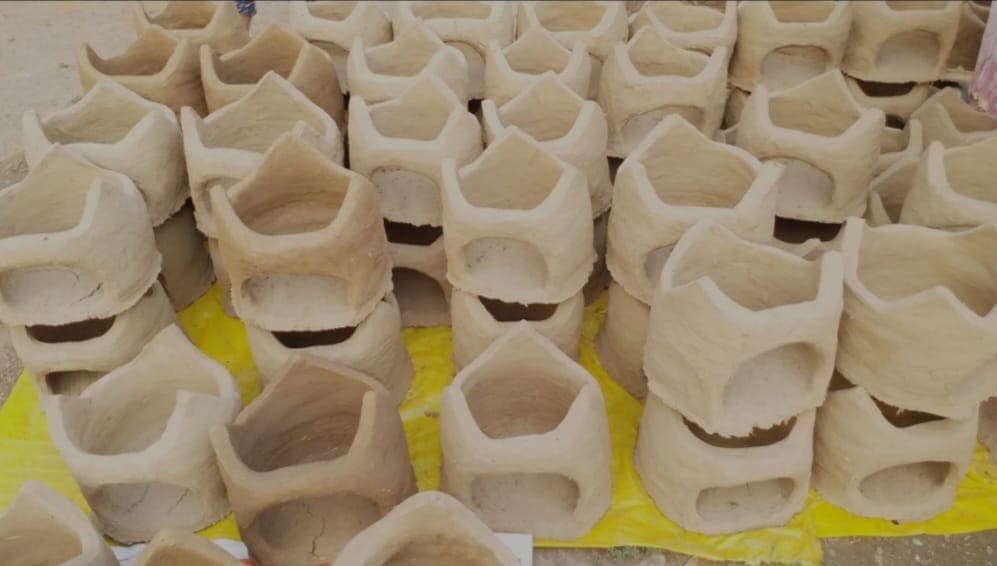
By Neeraj Kumar
Patna: Chhath festival is not only a significant celebration of faith but also a symbol of communal harmony. For the past three decades, Muslim women in Patna have been playing a vital role in the festival’s preparations by crafting earthen stoves, which are essential for the festival’s rituals. These women abstain from consuming non-vegetarian food during this period. The stoves they create are used by devotees to prepare Chhathvrati Prasad and other traditional dishes, showcasing the beautiful essence of Ganga-Jamuni culture and unity.
Known as the “Great Festival” of folk faith, Chhath is a time when people from across India return home to celebrate. After Dussehra, many Biharis residing outside the state begin their journey back. The entire community, regardless of background, participates in the preparations, with notable contributions from the minority community, who often help clean the paths leading to the ghats in their local areas. In Patna, Muslim women’s stoves are an integral part of the festival, highlighting a unique collaboration.
Earthen stoves, considered sacred, are indispensable for preparing Prasad and other dishes during Chhath. Using wood as fuel, these stoves bring authenticity and purity to the festival’s culinary traditions. To ensure the timely availability of stoves, the process of making and buying them starts a month prior. Many Muslim women in Patna, like Shaheena Khatoon, have dedicated their lives to this craft for over 30 years.
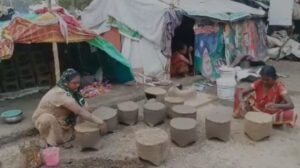
Purity holds a special significance during Chhath. Families observing the festival begin a vegetarian diet in the month of Kartik, with some even avoiding garlic and onions. The Muslim women making the stoves respect these customs, maintaining a vegetarian diet themselves for the month. Shaheena Khatoon explains that they prioritise cleanliness, keeping the stoves away from any unclean utensils.
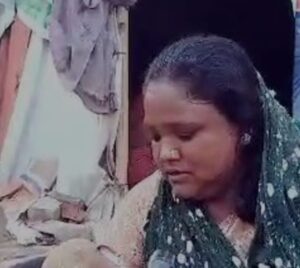
Shaheena, who has been in this craft for three decades, begins preparing a month in advance. She sources soil from her village, adding husk and soil from the banks of the Ganga. This year, due to increased soil costs, each stove is priced at approximately ₹150. Shaheena shares, “While we make the stoves, our lifestyle is simple. We avoid non-vegetarian food for about a month.”
Joining her in this meaningful work is Shabana, who has also been crafting stoves for many years. She emphasises the importance of cleanliness and purity in this process, sharing that she begins her work only after taking a bath to respect the sentiments of the Chhath Vratis.

